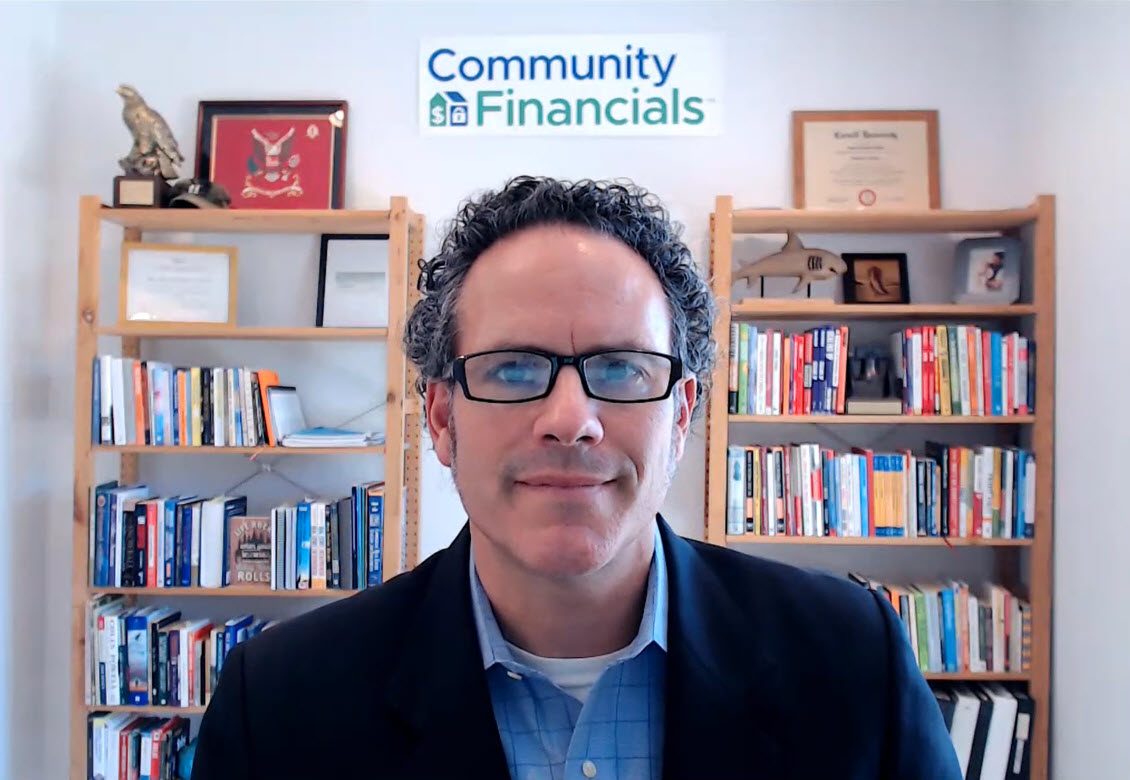What Do Banks Look for When Lending to Condominium Associations and HOAs?
HOA and Condo Association Loans Explained
There are times when a condominium association or HOA absolutely needs more money than what is readily available in the association’s bank account. Unexpected losses, inadequate Reserve Funds, lawsuits, and more can lead an association to seek additional funds. If a Special Assessment seems unlikely, and HOA loan or a condominium association loan is the most commonly used option available to the association. The good news is that there are many banks that are willing to make these specialized loans to associations provided the association has adequate records and is deemed credit-worthy by the bank.
What do banks look for when lending to condominium associations and HOAs?
You would expect that the lending institution will want to see thorough and accurate financial reports. A low level of delinquency indicates that the members of the association are generally responsible and paying their dues and assessments on time.
We reached out to Leonel Soto, Vice President of HOA Specialty Banking at Heritage Bank of Commerce in San Jose, California for a few inside pointers on what lenders typically look for when making the decision to lend money to HOAs and condominium associations. Here is what he had to say:
What the banks like to see when they assess a loan opportunity
- Well-managed association with up-to-date financials. Current YTD financials and CPA reviewed fiscal year-end for the previous three years
- Tax returns for the previous three years
- Current Bank account statements
- Current approved annual budget
- At least three months of Accounts Receivable Aging
- All HOA documentation readily accessible (Articles of Incorporation, CCR’s, By-Laws, BOD roster)
- Up to date Reserve study with minimal or zero deferred maintenance
- HOA dues that keep up with Reserve study recommendations
- Zero to under 5% delinquencies
- 70% or higher owner-occupied units
- High-quality Construction contractor (bank does due diligence), contractor license information
- Copies of board meeting minutes for the previous six months
- HOA written collection policy
We had a loan request come in and most of it looked very good and the financials were in pretty good condition. The only thing that did not match up was their intention of not increasing the HOA dues. The deal was not going to cash flow midway through the loan. We consulted with the board and had them draw up a new budget with the estimated loan payments in mind. The HOA came back with a budget and a plan to increase their dues in year two of the proposed loan which resulted in them being approved. It definitely helps to have a good relationship with your bank, it also helps if you are dealing with a bank that has expertise in dealing with HOAs.
Notes from an HOA and Condo Association Banking Expert
Tavarious Butts, Vice President, Association Services Relationship Manager – Mid Atlantic at Truist (formerly BB&T) offered the following:
Good financial reports are important. Quality financial statements are part of the lending presentation and serve as an early indicator of the borrower’s competence. Well-prepared financial statements help the lender to easily understand the financial condition of the association. This can expedite the lending process by decreasing back and forth with the loan officer.
Low delinquencies are desirable. Associations that follow collection policies and use a good process for collections are critical. Assessments fund core operations of every association and are our primary source of repayment for association loans. Delinquencies negatively impact the primary source of repayment. A good collection policy and process protects the primary source of repayment and mitigates risk.
CAI’s guideline regarding assessment delinquencies is a great guide:
3% or less excellent
4% to 5% good
6% to 10% poor to average
Can My HOA Loan be Denied?
Loans can be denied to associations with high levels of delinquencies. In the past, associations have applied for loans with delinquencies above 6%. Often times the delinquency level correlates to a high level of deferred maintenance and a lower level of reserve funding. In these instances, we have declined the loan with a recommendation the association develop or enforce their collection policy and reapply when their delinquency level decreases.
Why is My HOA Loan Application Processing Taking so Long?
Regularly, HOA loans take longer due to applications being submitted with missing financial statements or an incomplete application. It is very important that applicants fully review applications and financial statement requirements. They also need to double-check the completeness of the submission. Typically, only complete loan applications are processed for underwriting and approval. Additional requests for documents or application information will add days to the process.
Are there Unit Minimums for Applying?
We do not have unit minimums. Smaller unit communities are typically riskier since each owner has a larger impact on assessment income. Other risk factors, i.e. multiunit ownership, number of rented units, and payment shock become more consequential. A key component to successfully be approved for a loan is to apply with the association’s existing bank as they are familiar with the relationship. It would be best to bank with an association industry banking partner as they would understand the borrowing need and be familiar with the relationship.
What About Smaller Associations?
Smaller HOAs and condominium associations face a slightly more difficult challenge in finding a bank that will lend to them because there just aren’t enough owners to spread the risk. Associations under 20 units will find it very difficult to get a traditional HOA loan from a bank. However, they may find success with a local community bank.
Conclusions
As you can see, having a third-party HOA and condo bookkeeping and reporting firm like Community Financials on your team can make the process of applying for an HOA loan much simpler. By providing complete and accurate records with the loan application, the association is in a better position to successfully qualify for the HOA loan. Community Financials can even help you keep your delinquency levels as low as possible, making qualifying for an HOA loan far more likely.
Special thanks to our contributors Leonel Soto and Tavarious Butts. You can reach Leonel at Leonel.Soto@herbank.com or learn more about Heritage Bank of Commerce. You can reach Tavarious at Tavarious.Butts@truist.com or learn more about BB&T now Truist Association Banking.


